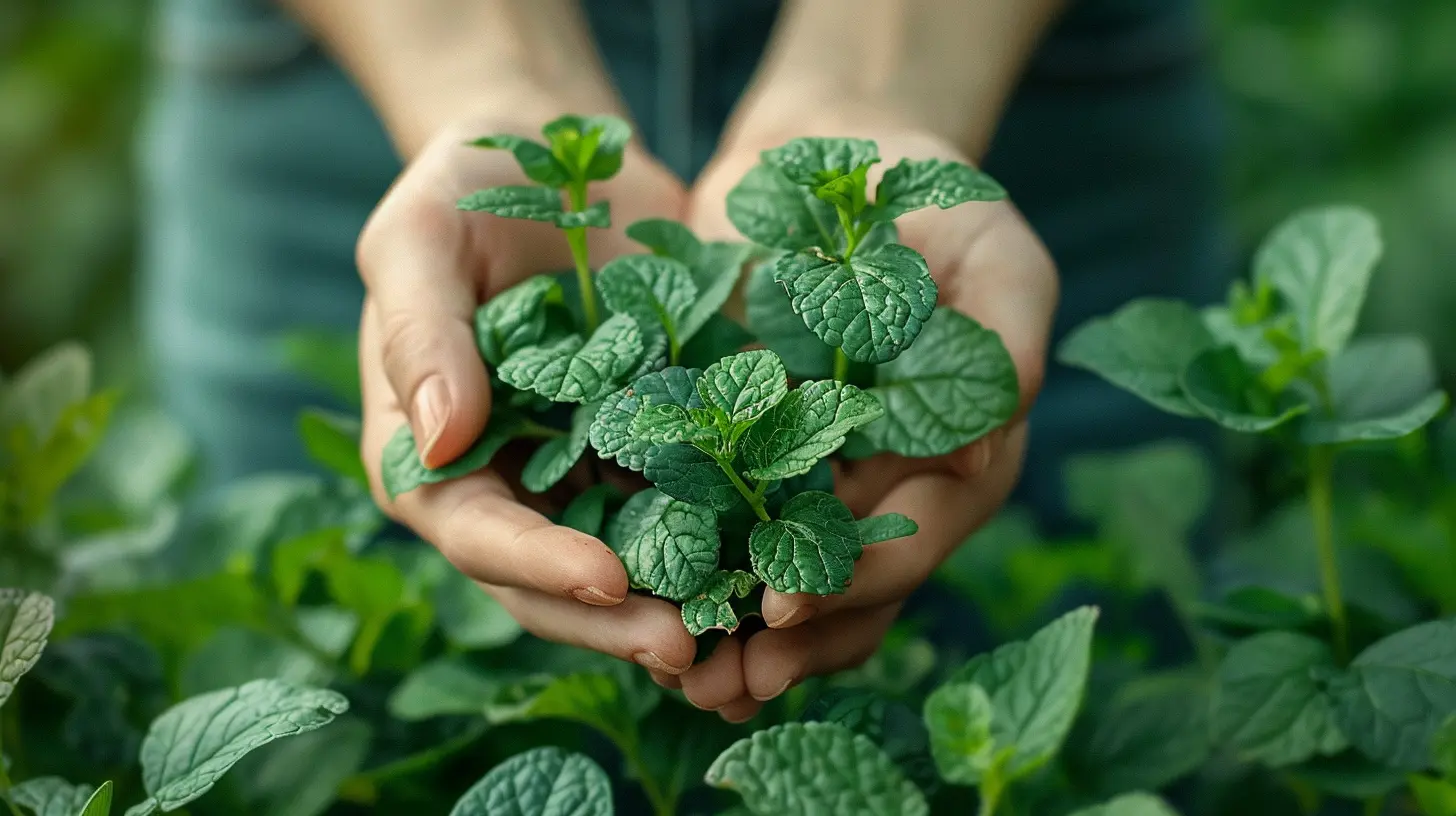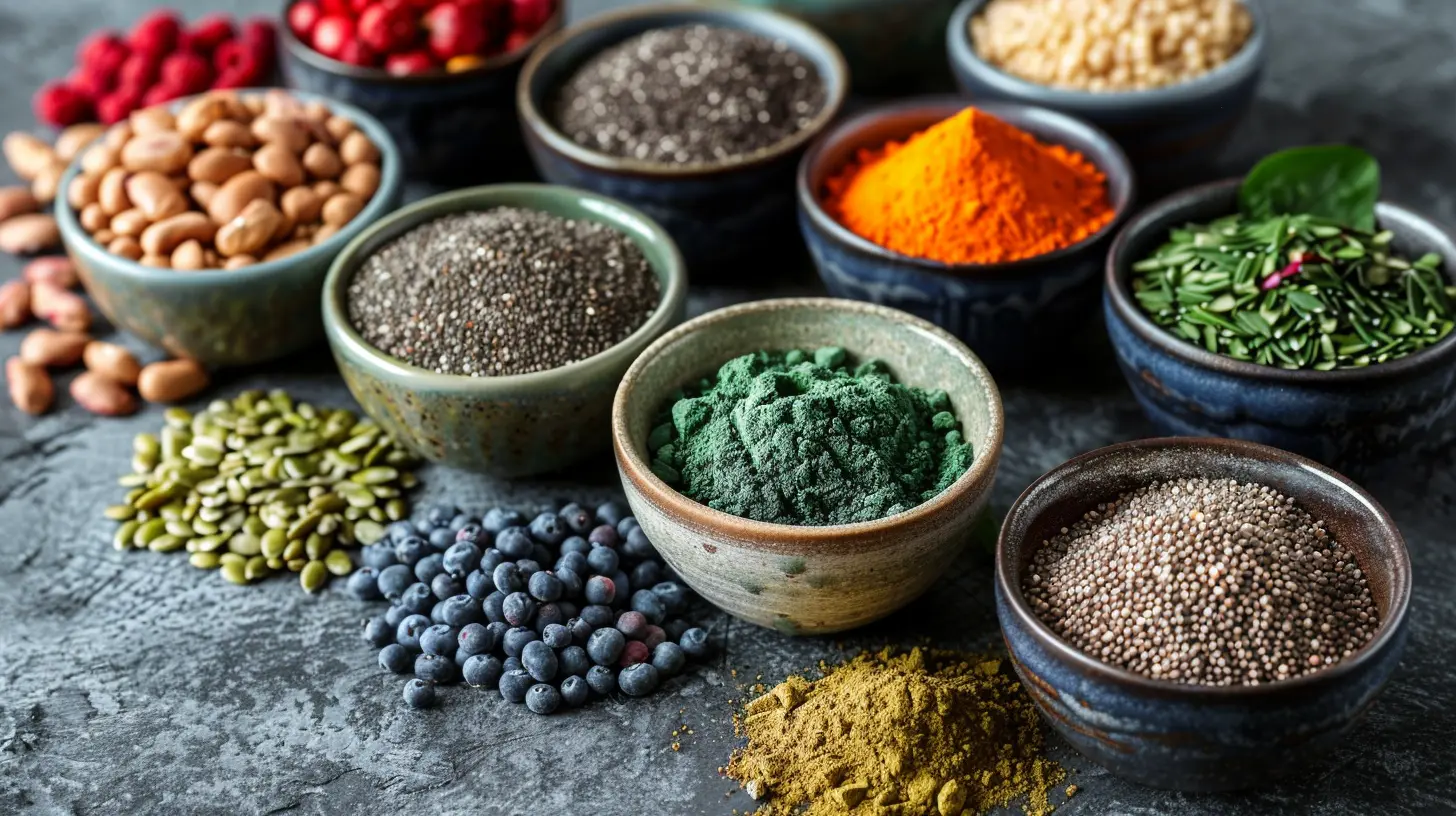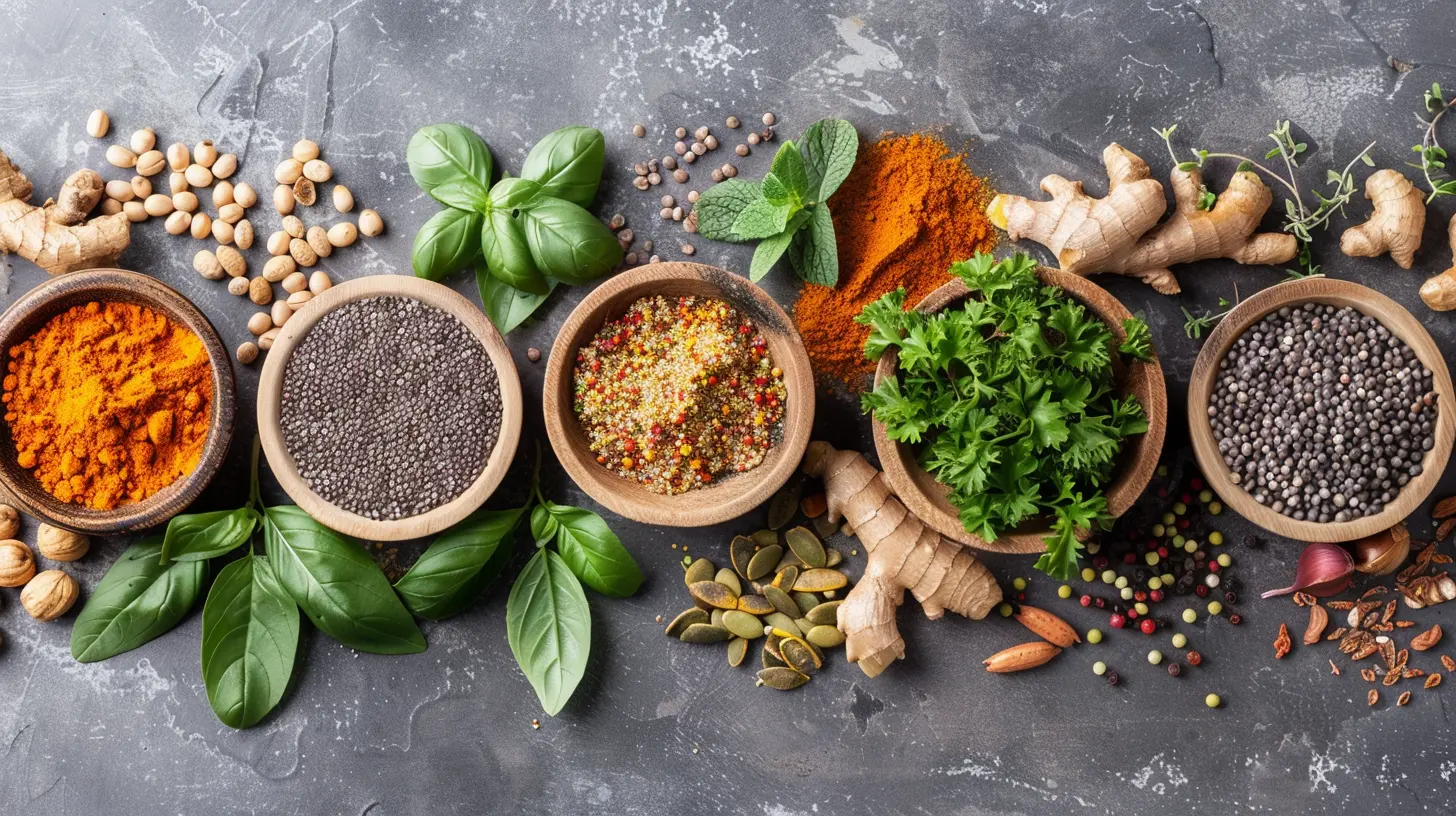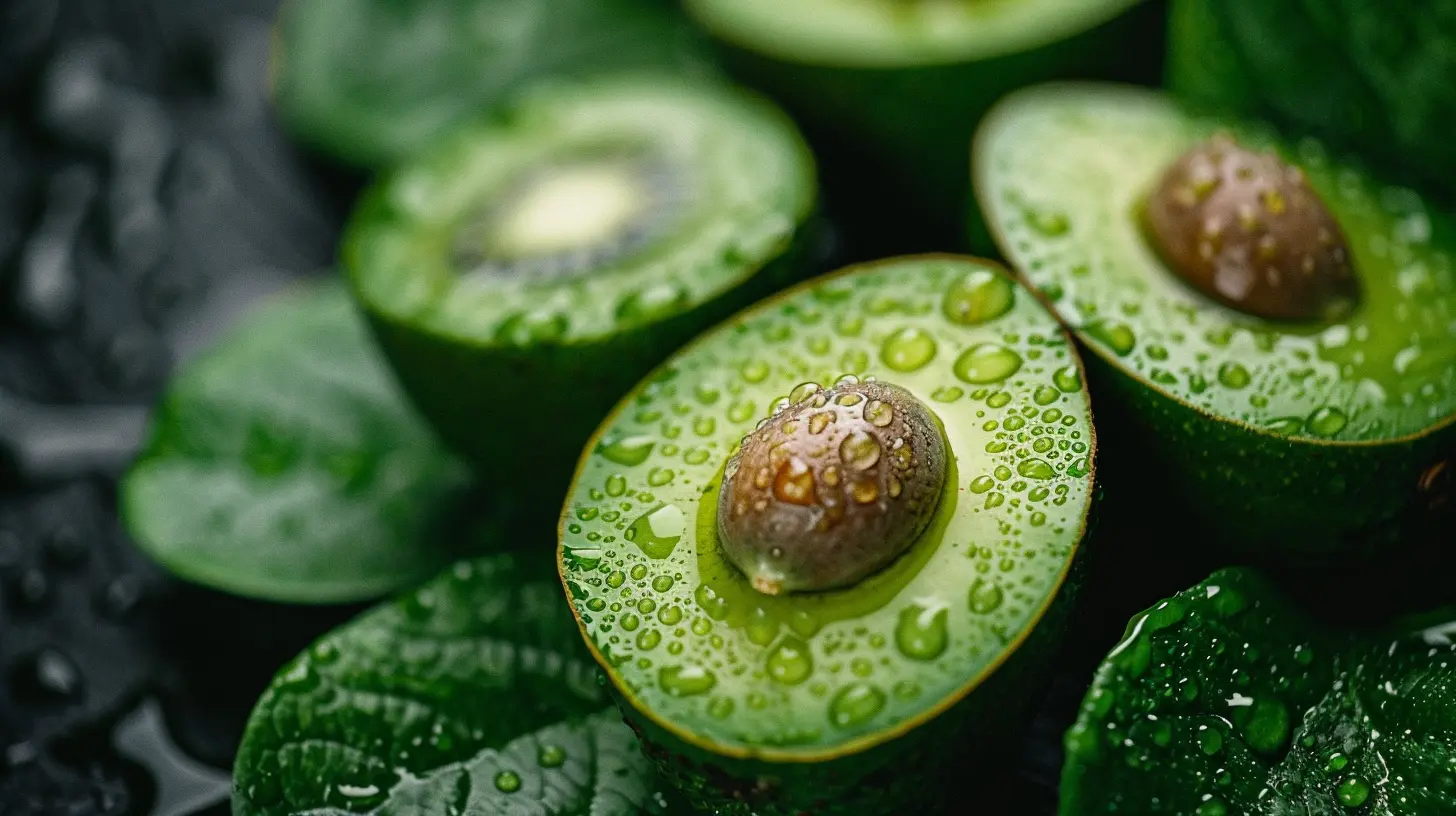The Benefits of Going Organic: Why It’s Better for Your Body
20 October 2025
Let’s be honest—how often do most of us really think about what’s on our plate? Life moves fast. Between work, errands, and everything in between, it's easy to toss anything into the cart and call it “dinner.” But here’s the thing: what we put in our bodies matters more than we often realize. And today, we’re chatting about something that’s been gaining serious attention—organic food.
Now, before you roll your eyes and think, “Oh great, another green juice sermon,” hang tight. This isn’t about telling you to sell your soul to kale. It’s about peeling back the label (literally) and seeing why going organic might just be one of the best things you can do for your health.

What Does “Organic” Really Mean?
Let’s start simple. Organic food is grown and processed without synthetic fertilizers, pesticides, genetically modified organisms (GMOs), antibiotics, or growth hormones. That means it’s food grown more like nature intended—and less like a chemistry experiment.It’s not just a trendy buzzword slapped on a label. To call a product “USDA Organic,” it has to meet strict government standards. It’s like the VIP section of the grocery store, and not everyone gets in.

Why All The Buzz Around Organic?
So what’s the big deal? Why are so many people shelling out extra bucks for organic apples when they could buy the shiny, perfectly shaped ones for half the price?Because there’s something deeper going on—something personal. Let's dive into the real benefits of going organic and why it could be a game-changer for your body and your overall well-being.
1. Fewer Pesticides, Fewer Problems
Here’s a scary thought: conventional produce can contain pesticide residues even after washing.These chemicals are designed to kill pests, but spoiler alert—they’re not exactly gentle on the human body either. Studies have linked long-term exposure to pesticides with issues like hormone disruption, fertility problems, neurological disorders, and even certain cancers. Yikes.
Organic farming avoids those synthetic pesticides and relies on natural methods like crop rotation, beneficial insects, and composting. That means fewer toxic substances entering your body every time you take a bite.
Think of it this way: would you rather sip from a clean stream of spring water or a pond filled with chemical runoff? Same concept.
2. No GMOs—Just Real Food
Genetically modified organisms might sound like something out of a sci-fi movie, but they’re real—and they’re everywhere in conventional food.The problem? GMOs are relatively new to our food system, and we still don’t fully understand the long-term effects on health. Some studies have linked them to allergic reactions, gut issues, and antibiotic resistance.
Organic food? It's GMO-free by law. When you go organic, you’re choosing food that’s closer to what Mother Nature made. No franken-veggies here—just the real deal.
3. Better Nutrient Profile
Let’s talk about what’s actually in your food.Several studies suggest that organic fruits, veggies, and grains may have higher levels of certain nutrients—like antioxidants, vitamin C, iron, magnesium, and phosphorus.
Why? Because when plants aren’t blasted with synthetic chemicals, they actually have to fend for themselves. That means producing their own natural defenses—many of which double as antioxidants that benefit you. It’s like these plants hit the gym and got stronger without shortcuts.
So when you eat them, you’re reaping those extra benefits, too.
4. Clean Dairy and Meat—No Hormones or Antibiotics
Let’s shift from the garden to the farm. Conventional meat and dairy often come from animals fed antibiotics and growth hormones. Not great.Overuse of antibiotics in livestock contributes to antibiotic-resistant bacteria—a serious global health threat. And hormones? They’ve been linked to early puberty and hormone-related cancers.
Organic animals are raised more humanely, fed organic feed, and never pumped full of synthetic hormones or antibiotics. That translates to cleaner, safer meat and dairy on your plate.
Ever heard the saying, “You are what you eat”? When your burger was raised on grass instead of synthetic steroids, your body says a big thank you.
5. Better for Your Gut
Let’s not forget about your gut—home to trillions of bacteria working hard to keep you healthy.Pesticides, GMOs, and preservatives may disrupt your gut microbiome, throwing your digestion and immunity out of balance. Organic food, with its cleaner ingredients and lack of artificial additives, helps support a healthier gut environment.
It’s a bit like choosing probiotics over soda. One fuels your system; the other, not so much.
6. Lower Levels of Heavy Metals
Heavy metals like cadmium can make their way into conventionally grown crops through chemical fertilizers. And guess what? Heavy metals don’t just “pass through.” They build up in the body over time and can lead to kidney issues, bone problems, and nervous system damage.Organic farming practices strictly limit the use of these fertilizers. That means lower levels of contaminants in your food. Less toxic junk means one less thing your body has to fight.
You wouldn’t sprinkle your salad with magnesium shavings, right?
7. Supports Detoxification
Your body is like a filter—it processes everything you put into it. When that “everything” includes additives, preservatives, and pesticides, your organs have to work overtime.Organic food helps lighten the load, giving your liver and kidneys a break. The fewer toxins you consume, the more efficiently your body can detox naturally.
Think of it like changing your oil regularly. Your engine runs smoother, lasts longer, and performs better. Same with your body.
8. Enhanced Taste and Flavor
This one might seem subjective, but there’s truth to it. Many people find that organic food just tastes better.Why? Organic crops grow in healthier, nutrient-rich soil. Without artificial junk speeding up the growing process, they’re often allowed to ripen naturally. That means more time to develop flavor.
Ever bite into a tomato that actually tastes like...a tomato? That’s the power of organic farming.
9. Boosts Long-Term Health
Let’s zoom out for a second. Going organic isn’t just about feeling better today—it’s about investing in your future health.By reducing exposure to chemicals and increasing your intake of nutrient-rich food, you’re lowering your risk of chronic illnesses like heart disease, cancer, obesity, and diabetes.
You’re also supporting your immune system, digestive health, and hormonal balance. That’s a full-body win.
So next time someone says organic food is expensive, remind them that hospital bills aren't exactly cheap either.
10. Psychological Perks (Yes, Really)
It’s not just your body that benefits—your brain gets a boost too.Knowing you’re making conscious choices about what you put into your body can help you feel empowered and in control. That kind of mindful eating often leads to better overall habits—like drinking more water, exercising, or getting better sleep.
The ripple effect is real. Because when you feel better, you do better.
Tips for Going Organic Without Breaking the Bank
Okay, but let’s address the elephant in the room: cost.Yes, organic food can be more expensive—but it doesn’t have to be unaffordable. Try these tips:
- Start small. Focus on the Dirty Dozen (the most pesticide-contaminated produce) and buy those organic.
- Buy in bulk. Organic grains, nuts, and legumes are usually cheaper this way.
- Shop local. Farmers’ markets often offer great deals on fresh, organic produce.
- Look for store-brand organics. Many grocery chains have affordable organic lines.
- Prioritize. You don’t have to go 100% overnight. It’s not about perfection—it’s about progress.
The Bottom Line: Your Body Deserves Better
At the end of the day, food is fuel. It’s how we nourish our bodies, power our minds, and connect with others. Going organic is more than just a label—it’s a lifestyle shift rooted in self-respect and conscious living.So is it worth it? Absolutely.
Because when you feed your body the good stuff, it pays you back in energy, strength, and resilience. And that’s something no processed snack can offer.
Start where you can, go at your own pace, and listen to what your body tells you. Spoiler alert: it’s going to thank you.
all images in this post were generated using AI tools
Category:
Organic FoodsAuthor:

Tiffany Foster
Discussion
rate this article
1 comments
Audra Burton
Going organic truly transformed my health journey. I've noticed improved energy levels and better digestion. It’s a commitment, but the quality of food and its impact on well-being are undeniable.
October 30, 2025 at 3:26 AM

Tiffany Foster
Thank you for sharing your experience! It's inspiring to hear how going organic has positively impacted your health and well-being.


